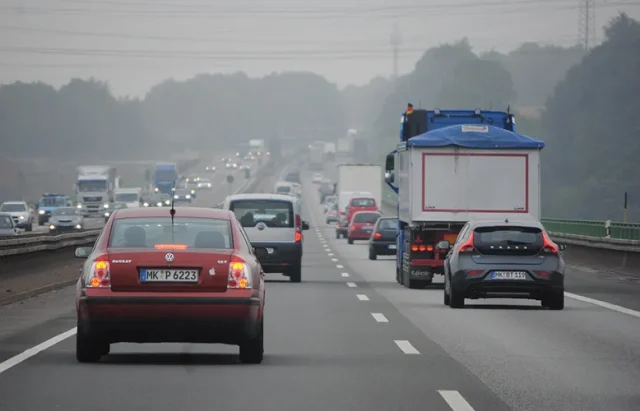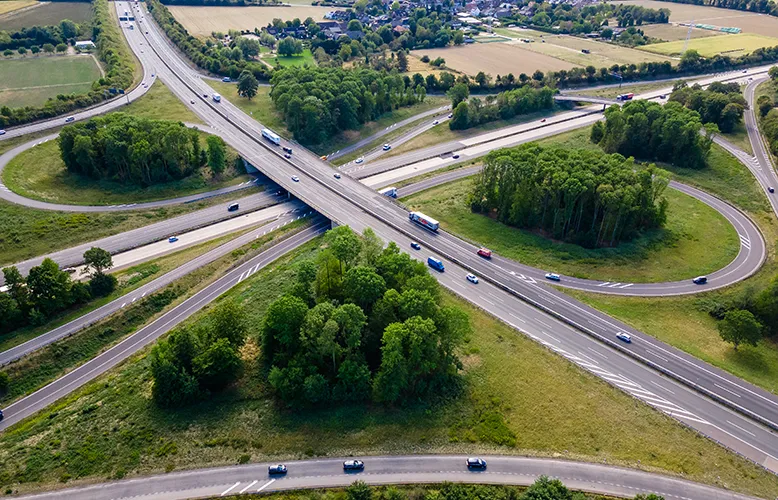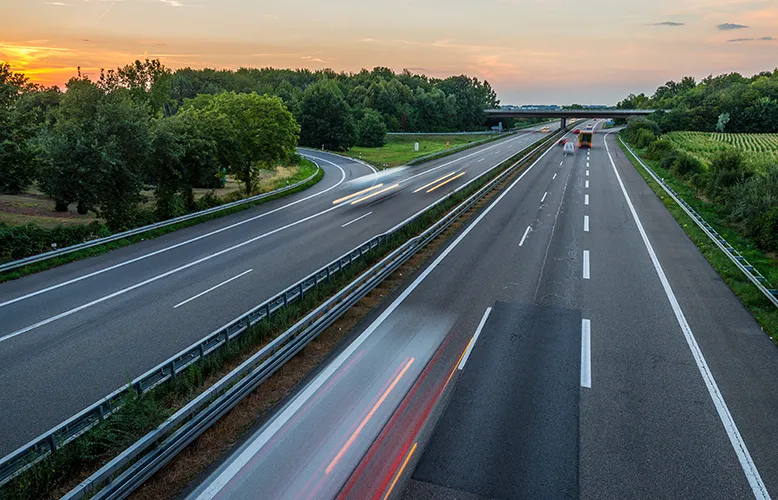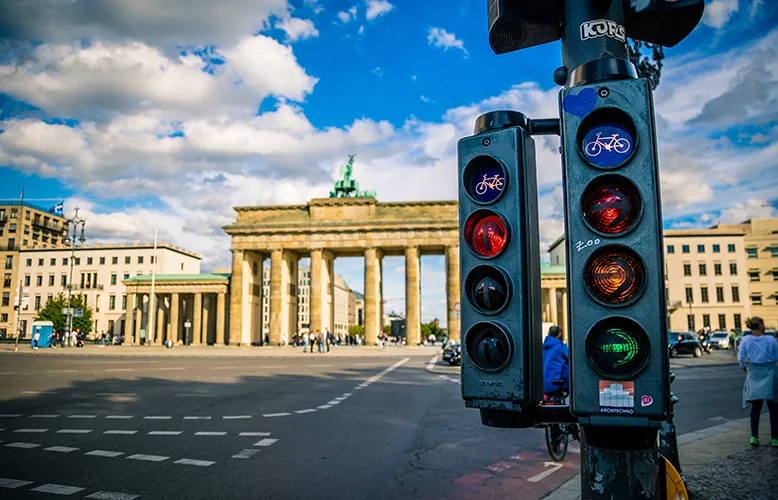
You should remember that Germany is a fantastic country with a long culture and history that everyone should see at some point in their lives. The main idea is to determine what you should do the moment you arrive. Some people visit major cities such as Munich and Berlin, while others wish to go to the countryside.
Whatever you decide, renting a vehicle throughout the process is an appealing and effective solution that will help you drive through different areas. Renting a car in Germany comes with specific requirements you must meet. By checking here, you will learn more about driving regulations in Germany.
In this article, we will talk about the requirements and various deals you can get when visiting major cities. That way, you can make your trip more convenient than before, which is vital to remember. Let us start from the beginning.
Requirements For Renting a Car in Germany

The most important requirements are to be at least twenty-one years old, while some rental agencies will allow people with eighteen years of age to rent. At the same time, you should have a valid credit card and driver’s license.
It is crucial to learn about these factors before entering a car rental, because if you are not meeting them, the chances are high that you will find difficulties when picking up your vehicle. For instance, if you are a foreigner and wish to rent a car, you should understand a few things.
Apart from the requirements mentioned above, most rental agencies will require from you an International Driving Permit or IDP. You can get it at the local automobile association, which is vital to do handle before going on trip.
It is impossible to rent a car in Germany by using a debit card, which is vital to remember. Most rental agencies will require you to use a valid and liable credit card, which is the best way to ensure that you can pay for potential damages and fines in case they happen while being on the road.
If you do not have a credit card, you should check out whether you can use other payment methods, which is an individual situation that depends on an agency. Another important consideration to remember is that German traffic law is different from other countries. Therefore, you should learn about rules and regulations before hitting the Autobahn.
Before reaching the land, we recommend you to rent a car by using a specific app or website, which will filter the best rental agencies based on reviews and stars.
At the same time, you should check out the preferred car, whether it features manual or automatic transmission, and book it beforehand. That way, you can ensure the seamless transition between the airport and the rental agency.
1. Start by Booking a Car

Compared to the rest of Europe, renting a car in Germany is competitively priced, meaning you will get areas where it is more affordable and places with expensive options. The best options are next to the main airports, because they feature a wide array of car agencies, meaning you will get competitive prices.
Germany is a widely regarded European destination, meaning the demand for car rentals is high during the season. This is especially true in the summer months in Bavaria, or Munich. Therefore, you should find ways to book your favorite car in advance, which will help you get the best price and additional deals such as insurance and many more.
You can rent a wide array of available cards, depending on your preferences. If you are a fan of automatic transmission, you should be aware that people in Germany mostly drive manual cars, meaning automatic options are low in demand, meaning their price tag is expensive.
Still, you should choose the option that works for your specific needs, especially if you wish to ensure additional comfort. The size and model of a vehicle depends on whether you are traveling alone, with a partner or entire family, because each option comes with a different option.
If you are traveling with your family members and you need plenty of space, we recommend you to choose a larger car, which will offer you peace of mind. A large car is more comfortable, especially when driving on network of highways or Autobahns.
2. Insurance

When renting a car, insurance is mandatory, but you do not have to go all the way. You can choose minimum insurance that includes unlimited third-party liability insurance, which is mandatory. This option will be included in the agreement; however, you can prevent potential issues and reduce the liability in case you purchase a comprehensive cover.
The basic cover includes a basic collision damage waiver and third-party liability, which will cover damage to your car in the event of accidental damage or accident. The basic comes with an excess you must pay in case of damage. Of course, this varies based on an agency, but the excess ranges between a few hundred to a thousand euros, depending on the problem.
You can remove or reduce the excess by paying an extra daily rate for obtaining full collision damage waiver. We can differentiate two essential reasons for buying an additional insurance:
- It will offer you additional enjoyment and peace of mind no matter the damage that happens to a car.
- Picking up and returning a car is much faster and easier since the agencies will not conduct a thorough inspection and check the car for damage, which is a common problem that may lead to additional expenses.
When purchasing extra insurance, it is much better solution to do it in advance, the moment you book your car. That way, you will know how much the rental cost will be in advance, and you will not receive additional expenses afterward. Most rental companies will offer you super insurance that comes when you book your car with a specific credit card.
For instance, some credit card companies will directly offer you car rental insurance with full collision damage waiver, meaning you should talk with a provider before traveling to prevent paying insurance you automatically have by using a specific card.
3. Speed Limits
One of the biggest misconceptions about Germany is that you can drive as fast as you can whenever you reach their highway or Autobahn. However, you should remember that Germany is strict regarding the speed limits, while the fines are enforced for everyone who exceeds them.
You will notice the signposts that will clearly present you with the limit on the road you are driving. Law authorities do not have tolerance for speeding, meaning if you break the limit of 3 km/h or above, you will end up with a fine, which is why you should pay close attention to your meter.
You can use a cruise control option, which will help you stay under the speed limit much faster, especially if this is your first time on the road. Still, you should get familiar with three general speed limits in Germany. In urban areas, you can drive up to 50 km/h. Outside the urban areas, you can drive 100 km/h, while motorways feature a 130 km/h limit.
As mentioned above, Germany is famous for the quality of roads and high-speed highways, which are known as Autobahns. Although you may have heard that driving on German Autobahns requires high-speed, you can rest assured, because these roads are simple to use and safe
The network features high-quality roads that you can drive with ease, especially if you already have a few years of driving experience. Some people think that Autobahns do not feature speed limits, which is not entirely true. Thirty percent of networks come with temporary or permanent speed limits, which are 130 km/h.
At the same time, road conditions can reduce the speed limits, which will be indicated on the side of the road. However, you can find unrestricted sections of the Autobahn, which are common in inner and rural areas.
You should follow these tips when driving with your rented car or bilutleie on the Autobahn:
- Stick to Advised Limit – Although you can find areas with unrestricted speeds, we recommend you to go up to 130 km/h. Of course, you will notice cars that travel much faster than the limit, but if you are first time in Germany, it is better to be safe than sorry. You should stay in the right lanes for vehicles with lower speeds and avoid fast lanes altogether.
- Right Lane – The best course of action is staying in the right lane as much as possible. That way, you can drive up to a limit and let people who wish to travel faster go in the fast lane.
Generally, Autobahns feature two to three lanes, but some sections feature four lanes in each direction. The best option is to avoid the leftmost lanes, especially in areas with unrestricted speed limits, and choose the right options where you can cruise based on your preferences. Besides, it is vital to avoid undertaking a car on the right, but always overtake them in left lane.
Still, you can rest assured, because Autobahns are safe, and you will be wherever you want to go in no time.





